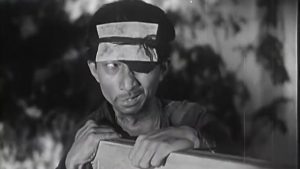Module 7: Street Angels (1937)
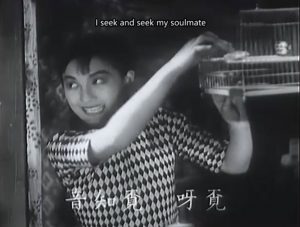
Zhou Xuan sings two hit songs in director Yuan Muzhi’s masterpiece. Set in the slums of Shanghai, Street Angels presents the lives of the urban lower classes in a tragicomic mode, showing camaraderie and fun threatened by sexual and economic exploitation. At the center of the these “street angels” is a young woman who has fled fighting in the northeast only to find herself threatened again, and who seeks refuge from her abusers with her lover, played by Zhao Dan, and other downtrodden friends.
This module corresponds to chapter 8 in the book Chinese Film Classics, 1922-1949.
The film:
Malu tianshi
90 minutes
Alternative English titles: Street Angel, Angels on the Street
Director/Screenplay: Yuan Muzhi
Studio: Mingxing (Star)
Year of release: 1937
Cast: Zhao Dan, Zhou Xuan, Wei Heling, Zhao Huishen, Wang Jiting, Qian Qianli, Yuan Shaomei
English subtitles translated by Christopher Rea
Video lecture 1: The talkies and the singies
16 minutes
Contents:
- Plot summary
- “Golden voice” Zhou Xuan
- Early sound cinema in China
- Frank Borzage’s film Street Angel (1928)
- The songstress figure
- Hit songs “Song of the Four Seasons” and “Songstress at the Ends of the Earth”
Video lecture 2: The songstress and the stutterer
12 minutes
Contents:
- Wartime production and exhibition context of Street Angels
- Sound and silence as themes
- “Acoustic characters”
- Socioeconomic allegory – trickle-down economics and cheap magic tricks
Learn more
Scenes from Street Angels
Zhou Xuan, as Xiao Hong, sings “Song of the Four Seasons”:
Xiao Hong and Chen Shaoping (played by Zhao Dan) share a happy duet of “Songstress at the Ends of the Earth”:
Shaoping, drunk and thinking that Xiao Hong has betrayed him, forces her to sing “Songstress at the Ends of the Earth” to him for money:
Mr. Gu sets his sights on Xiao Hong:
Xiao Yun’s adoptive mother forces her to strip, followed by a visual gag:
A comic set piece in a lawyer’s office:
Xiao Hong and Chen Shaoping’s kiss is observed by Wang, who is enjoying Xiao Yun’s company in the loft:
Shaoping entertains Xiao Hong and friends with a magic trick, which Wang gives a name:
The barbers shave the man who threatens to evict them:
Comparisons with other films
Compare the scene of Xiao Hong looking down at Chen Shaoping in the opening parade scene of Street Angels with the “Girls! Girls! Girls!” parade scene at the beginning of The Merry Widow (1934):
Compare how director Yuan Muzhi pairs the “City Fantasia” song with a montage of Shanghai scenes in Street Angels and near the beginning of his directorial debut, City Scenes (1935):
Related Posts
Zhou Xuan 周璇
Zhou Xuan 周璇 was famed as a "golden voice" of the Chinese cinema and phonograph industries before her premature death
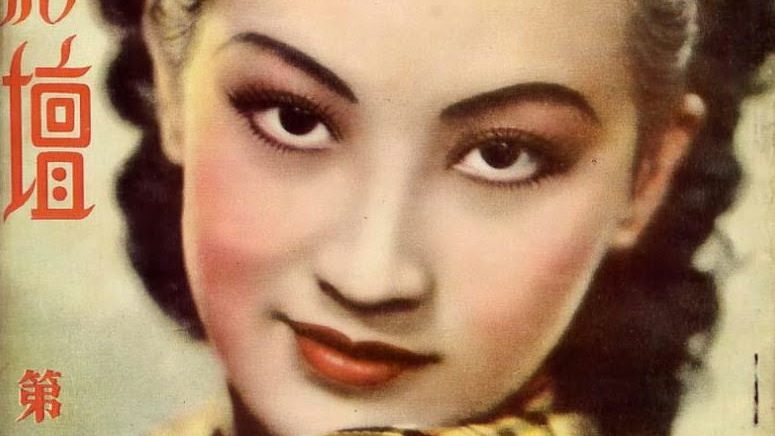
Chinese Film Classics, 1922-1929 (2021), by Christopher Rea
An essential guide to the first golden age of Chinese cinema, offering detailed introductions to fourteen films.
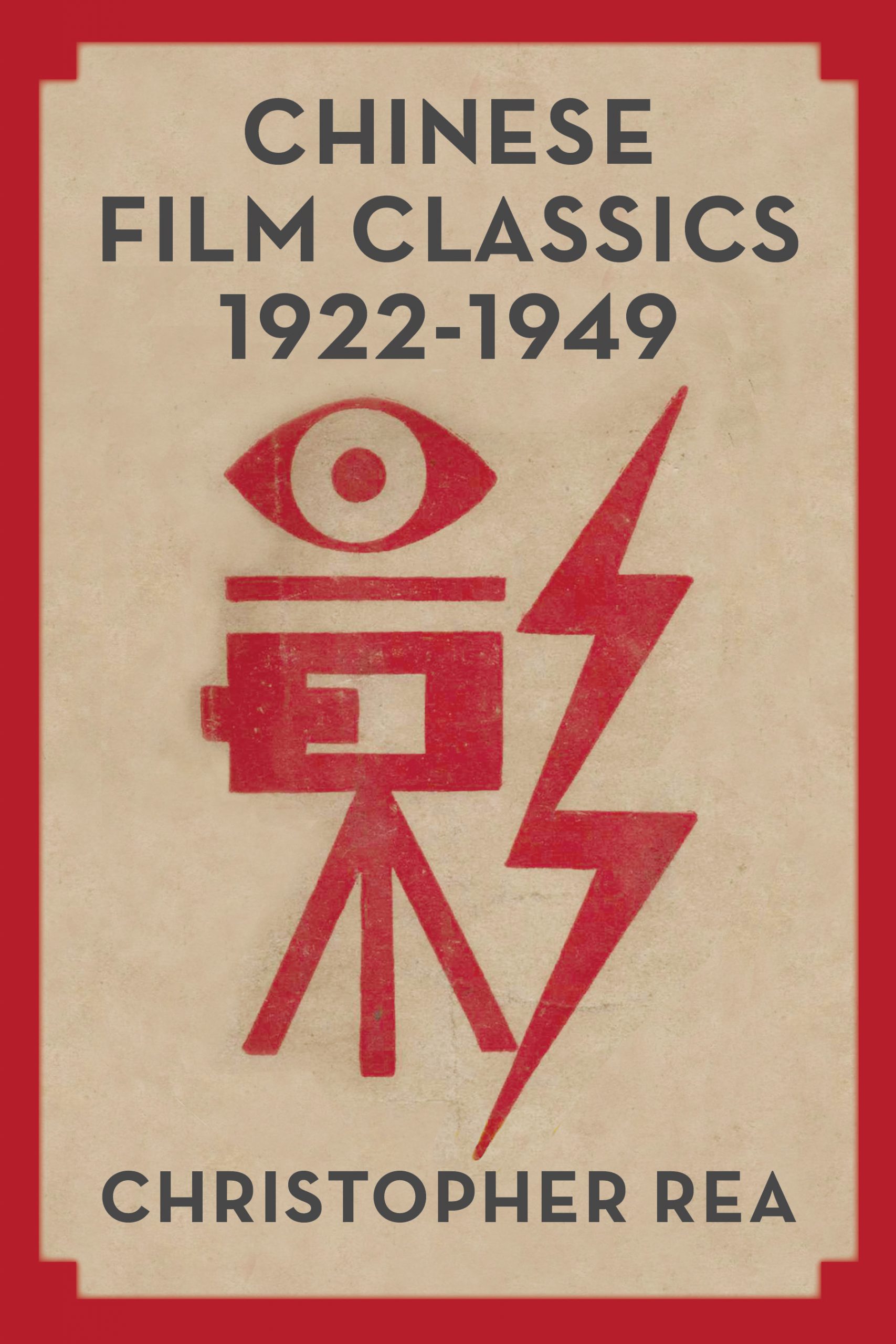
Crows and Sparrows 烏鴉與麻雀 (1949)
An epochal film, produced and set at the end of civil war, centering on a fight over housing. Who will stay and who will go?
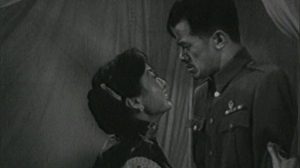
Street Angels 馬路天使 (1937)
Zhou Xuan sings two hit songs in this social drama by experimental filmmaker Yuan Muzhi, costarring heartthrob Zhao Dan.
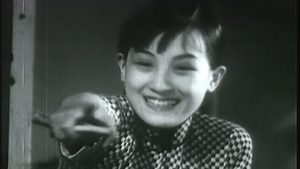
Song at Midnight 夜半歌聲 (1937)
Phantom of the Opera and Nosferatu meet underground revolutionary history in China's first horror-musical.
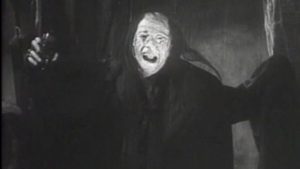
City Scenes 都市風光 (1935)
Yuan Muzhi's experimental directorial debut shows a country family's farcical attempts to make it big in Shanghai.
